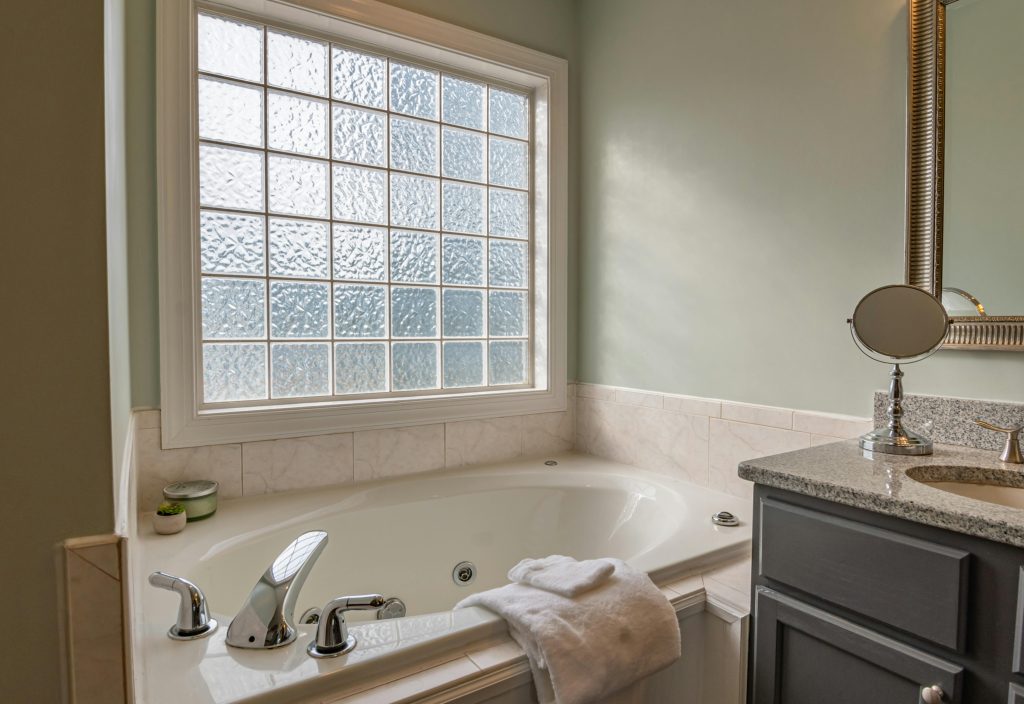Residential Plumbing: The Essential Guide for Homeowners
Plumbing is an integral part of any residential structure, ensuring the smooth delivery of water and efficient waste management.
Plumbing is an integral part of any residential structure, ensuring the smooth delivery of water and efficient waste management.
Produced using materials like copper, PVC, or PEX, pipes transport water all through your home.
The water radiator gives high temp water to washing, cooking, and cleaning. Private radiators might be tank-based or tankless, and they can be fueled by gas, power, or sun based energy.
These lines transport wastewater out of your home and are for the most part made of materials like PVC or cast iron.
These valves control the water stream to various pieces of the framework. For instance, most apparatuses have their own shutoff valves to consider confined fixes.
These incorporate spigots, showers, baths, latrines, and different places of water use.
Traps, similar to the recognizable P-trap under sinks, forestall sewer gases from entering the home by catching water in a U-formed pipe.
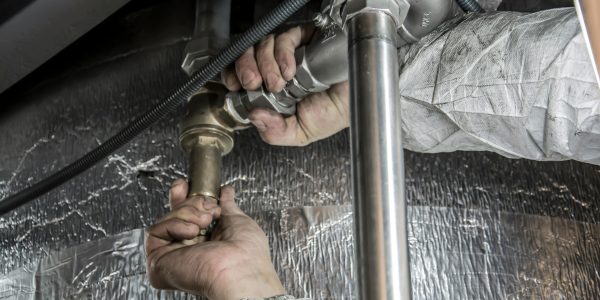
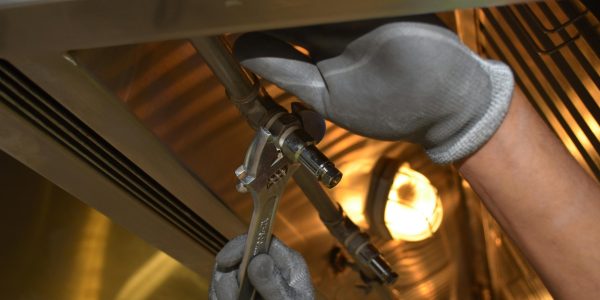
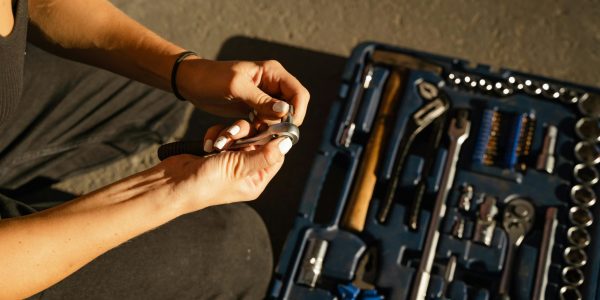
Indeed, even with a very much planned plumbing framework, mortgage holders might experience issues over the long run. A few issues can be minor and effectively fixed, while others require proficient consideration.
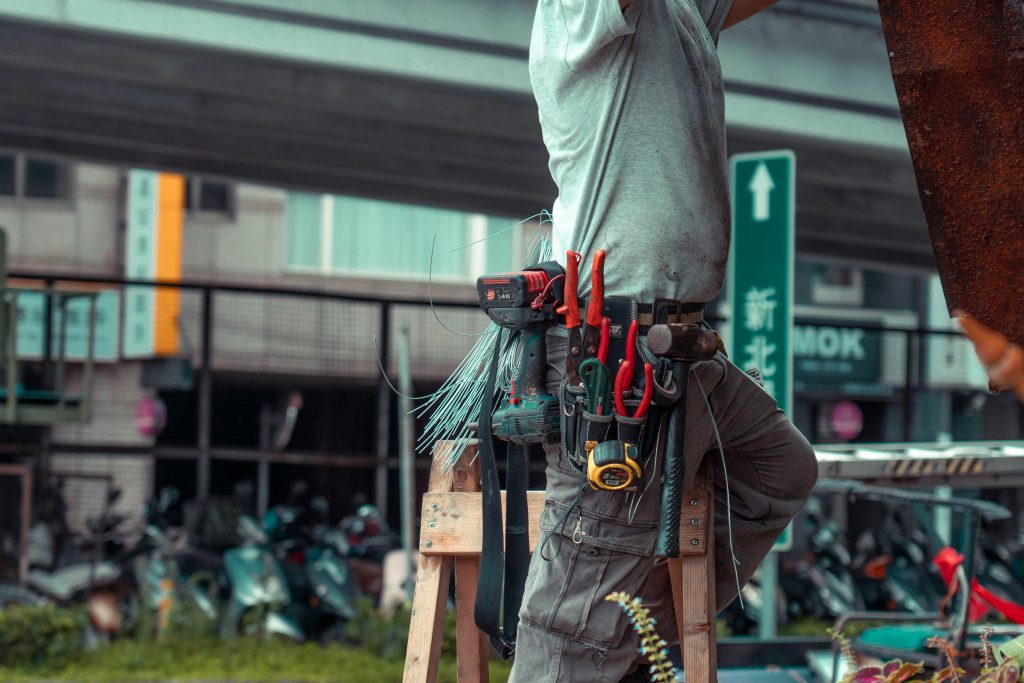
Like any other system in a building, plumbing requires regular maintenance to function optimally. Regular inspections can help identify potential
Low water strain can make everyday undertakings like showering or washing dishes disappointing. The issue could come from various causes, including eroded pipes, mineral development, or breaks in the framework. At times, it very well might be an issue with the civil water supply as opposed to the pipes inside the home.
before they escalate into costly repairs.
While numerous minor pipes issues can be taken care of with Do-It-Yourself fixes, a few issues require the mastery of an expert handyman. Here are circumstances when you ought to look for proficient assistance:
